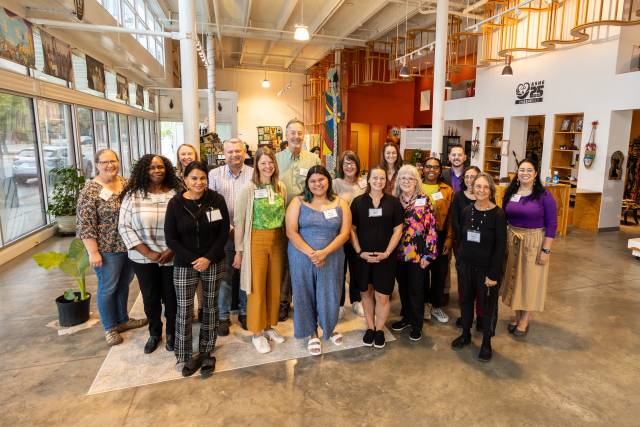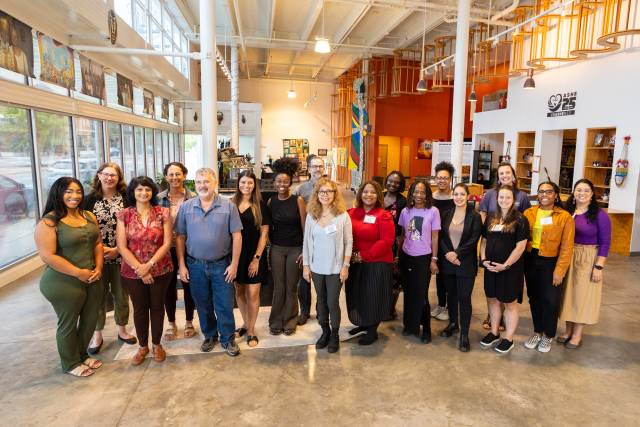You are here
Addressing Climate-related Health Risks at the Local Level
As we near the end of a summer of record-breaking temperatures across the country, we must recognize the gravity of the health challenges posed by changes in our climate. High temperatures put our food and water supplies at risk and can significantly impact our mental health. We’re seeing increases in respiratory and cardiovascular disease and changes in the spread of water-borne illness and other infectious diseases. Heat is also the leading cause of weather-related hospitalizations and deaths in the United States.
Though we are all at risk, communities that lack adequate health and economic infrastructure are the most affected. According to a 2021 report by the Environmental Protection Agency, under-resourced communities, including those already vulnerable due to a range of social, economic, historical and political factors, experience the most significant health impacts of the changing climate. They are the least able to prepare for and cope with extreme heat, poor air quality and flooding.
To help address and further prevent these growing health issues on the local level, the CDC Foundation, in partnership with the Centers for Disease Control and Prevention’s National Center for Environmental Health (NCEH), Margaret A. Cargill Philanthropies and the Gulf Research Program at the National Academies of Science, Engineering and Medicine, is announcing support for 16 community-based organizations (CBOs) in the Midwest and Gulf South to engage in climate- and health-related work over three years.
Beginning in September 2024, the organizations chosen to receive funding will develop climate adaptation plans and work to bolster communities against the negative health effects of changes in our climate. The CBOs are located across nine states and include nonprofits, environmental coalitions, community centers and resident-led organizations that connect people to health care and other essential services.
These trusted local groups understand the health challenges their communities face and will tailor their work to the needs of their region, focusing on addressing environmental injustices and health inequities as they support communities that are the least prepared and the most impacted by climate-related health risks. Throughout the project, the CBOs will receive training and ongoing technical assistance from the CDC Foundation and NCEH staff.
The CDC Foundation is committed to partnering with these organizations, which work to reduce the impacts of climate change and protect the health and well-being of all communities.
Learn more about the project and these organizations.
Midwest/Great Plains Cohort
- Ecolibrium 3
- Comunidades Organizando el Poder y la Accion Latina COPAL Education Fund
- Iowa Environmental Council
- Thompson Chain of Lakes Stewardship Coalition
- Casa Community Center
- PLUM, Peace Love Understanding Mercy
- Local Environmental Action Demanded Agency Inc
- Cheyenne River Long-Term Recovery Group
Gulf South Cohort
- Girl Plus Environment
- Imagine Water Works
- The People’s Justice Council
- Rural Women's Health Project, Inc.
- Together Louisiana
- Florida Clinicians for Climate Action
- Coalition for Environment, Equity, and Resilience
- Family Counseling Center of Mobile, Inc.

